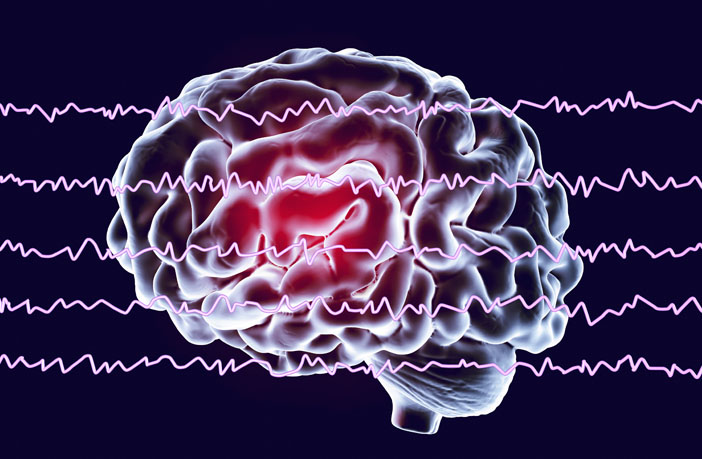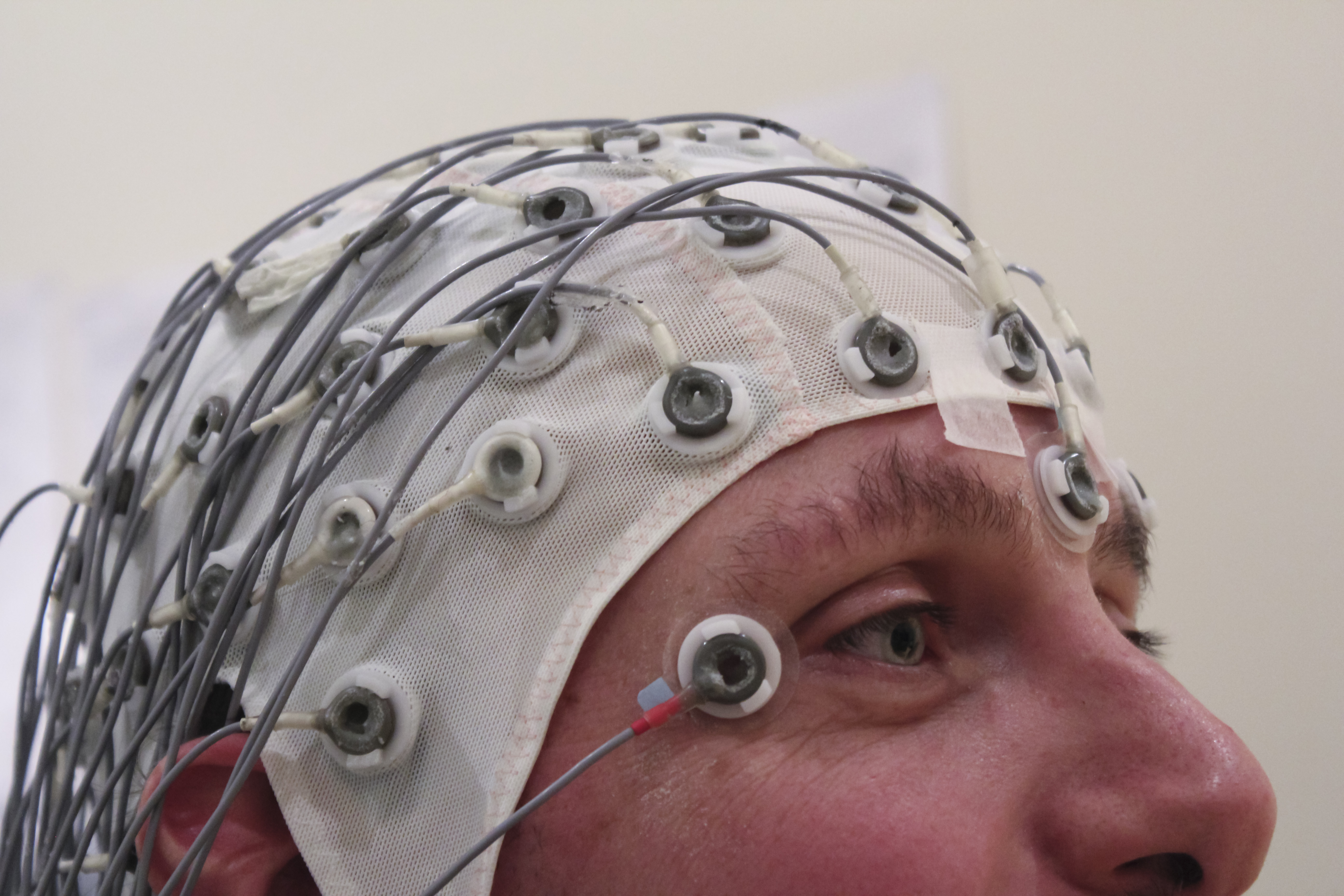مخطط كهربية الدماغ (مخطط كهربية الدماغ) لا يستخدم بشكل روتيني في الحالات النفسية, but there are specific situations where it can be valuable. Here's when and why you might request an EEG in clinical psychiatric settings:
- Suspected seizure disorders:
- When patients present with symptoms that could be seizures or psychiatric phenomena (على سبيل المثال, hallucinations, dissociative episodes, or unexplained behavioral changes).
- To differentiate between temporal lobe epilepsy and psychiatric disorders, as they can have overlapping symptoms.
- Delirium evaluation:
- In cases of unexplained altered mental status or confusion, especially in older adults.
- To detect diffuse slowing, which is common in delirium.
- Dementia assessment:
- To help differentiate between various types of dementia.
- To identify specific patterns associated with certain dementias (على سبيل المثال, periodic sharp wave complexes in Creutzfeldt-Jakob disease).
- Catatonia investigation:
- In some cases of catatonia, EEG can help rule out non-convulsive status epilepticus.
- Sleep disorders:
- When sleep disorders are suspected to be contributing to psychiatric symptoms.
- Particularly useful in diagnosing narcolepsy.
- Medication effects:
- To monitor for neurotoxicity of certain psychiatric medications (على سبيل المثال, lithium toxicity).
- To assess the impact of anticonvulsants used as mood stabilizers.
- Unexplained behavioral changes:
- In cases where sudden personality changes or aggressive behavior can't be explained by psychiatric causes alone.
- Research purposes:
- In studies investigating neurophysiological correlates of psychiatric disorders.
- Autism spectrum disorders:
- Sometimes used in the evaluation of children with suspected autism, though its routine use is controversial.

- To detect changes associated with certain substance use (على سبيل المثال, alcohol withdrawal seizures).
It's important to note that while EEG can be helpful in these situations, it should be interpreted in the context of the clinical presentation and other diagnostic information. Normal EEG results do not rule out psychiatric disorders, and abnormal results don't necessarily indicate a neurological condition.
Would you like more information on interpreting EEG results in psychiatric contexts?


بدون تعليقات